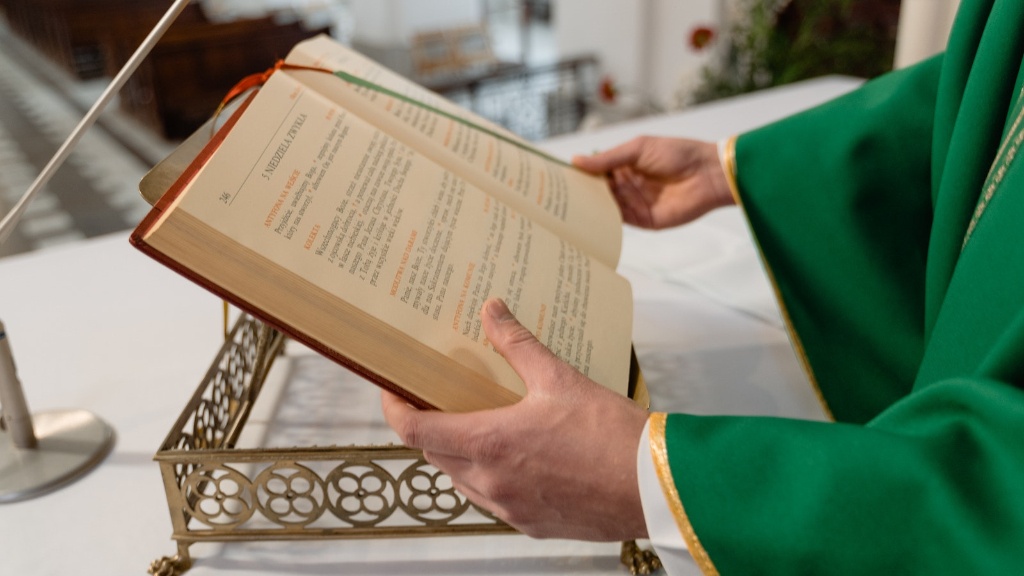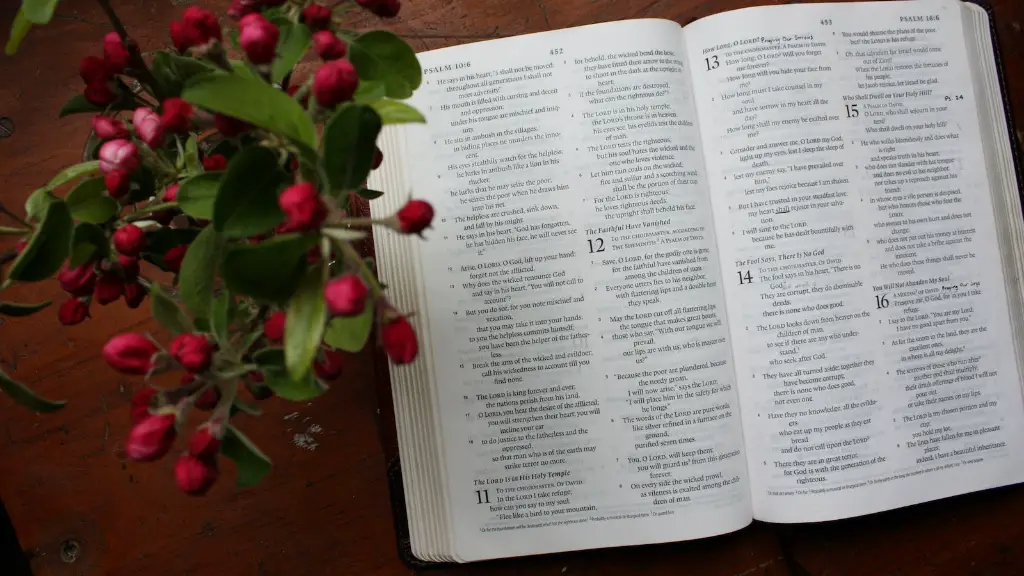What Is The Bible?
The Bible is a collection of ancient manuscripts written by numerous authors and compiled over centuries by many different authors. It is considered the most sacred of all holy books, the central text of Christianity, and includes both the Hebrew Bible (or the Christian Old Testament) and the Christian Greek Scriptures (or the New Testament). The Bible is divided into two major divisions: the Old Testament, which includes 46 books and the New Testament, which includes 27 books.
How Is The Bible Structured?
The Old Testament comprises of 39 books and the New Testament comprises of 27 books. There are various ways in which the Bible is organized. Generally, the books of the Bible could be divided into two main categories – Law and History (the most commonly used divisions in the Bible). To further simplify the organization, it can be divided into five main types: Law, History, Poetry, Prophecy, and Gospels/Acts.
Law
The first 5 books of the Bible, known as the Torah or the Pentateuch, are seen as a single source and consist of the books of Genesis, Exodus, Leviticus, Numbers, and Deuteronomy. These books tell the creation story leading up to the time of the Exodus and contain laws and instructions given to Moses by God. They include the Ten Commandments, laws, and rules of worship and practice.
History
The next 12 books are History books, chronicling the lives and stories that take place between Exodus and the time of the Babylonian exile. They include books such as Joshua, Judges, Ruth, 1 and 2 Samuel, and 1 and 2 Kings. These books give an account of the time, people, and major events that later shaped the culture and history of the Hebrew people.
Poetry
The five books of Poetry (Job, Psalms, Proverbs, Ecclesiastes and Song of Solomon) are the texts that are mostly written in verse form. These books express various themes and emotions of the authors in beautiful poetic form, as well as important ideas and religious truths.
Prophecy
The Prophecy books are the 17 books that tell us about the nation’s future and the coming of the messiah. These books include Isaiah, Jeremiah, Lamentations, Ezekiel, Daniel, Hosea, Joel, Amos, Obadiah, Jonah, Micah, Nahum, Habakkuk, Zephaniah, Haggai, Zechariah and Malachi.
Gospels and Acts
The last book of the Bible includes the Gospels (Matthew, Mark, Luke and John) and Acts. These books focus on the story of Christ’s life, works, and the spread of the Christian message.
Canonification
The Canon of the Bible was formed by the Church. The canon of the Old Testament was formed by the Ancient Jews and recognized by Jesus, while the New Testament was formed by the Church and approved of by the entire body of the Christian Church in the 4th century. The process of canonization involved deciding which books should be considered inspired by God and which should be rejected.
Protestant and Catholic Versions of the Bible
The Protestant Bible is composed of 66 books and is divided into the 39 books of the Old Testament, and the 27 books of the New Testament. The Catholic Bible, on the other hand, contains 73 books. It comprises of the same 66 books of the Protestant Bible plus 7 deuterocanonical books and parts of several other books that are not in the Protestant Bible.
Conclusion
The Bible is an ancient collection of manuscripts written by numerous authors and compiled over centuries by many different authors. It is divided into two major divisions, namely the Old Testament and the New Testament. The Bible is further divided into five main types: Law, History, Poetry, Prophecy, and Gospels/Acts. The books of the Bible have been canonized by the Church to determine which books are inspired by God and which are not. There are two versions of the Bible, the Protestant and the Catholic version, with the latter containing 73 books, compared to the 66 books of the Protestant Bible.


